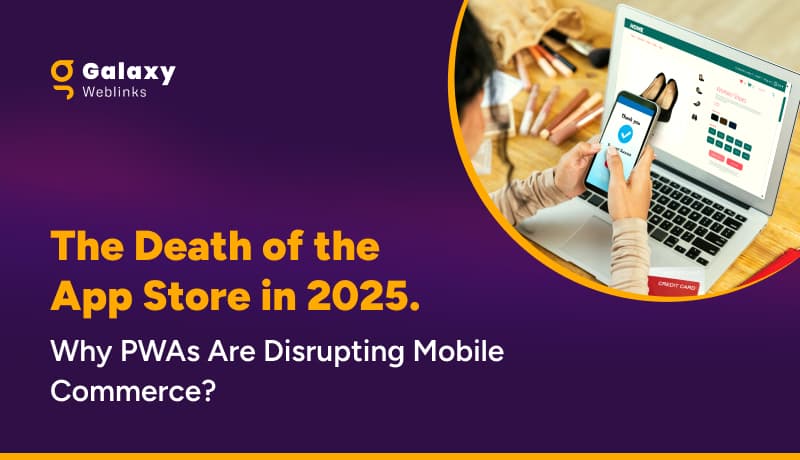About Us
24+ Years of Excellence in Offshore Product Development
Galaxy Weblinks offers a comprehensive suite of product development services, covering the entire lifecycle from ideation to deployment.
Whether you need custom software development, mobile app development, web development, or UI/UX design, our team has the expertise and experience to bring your vision to life.
We also offer quality assurance, testing, and ongoing support to ensure your product’s success.









